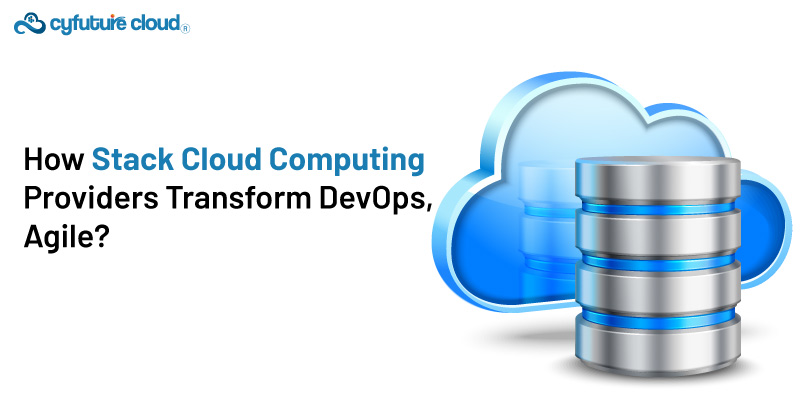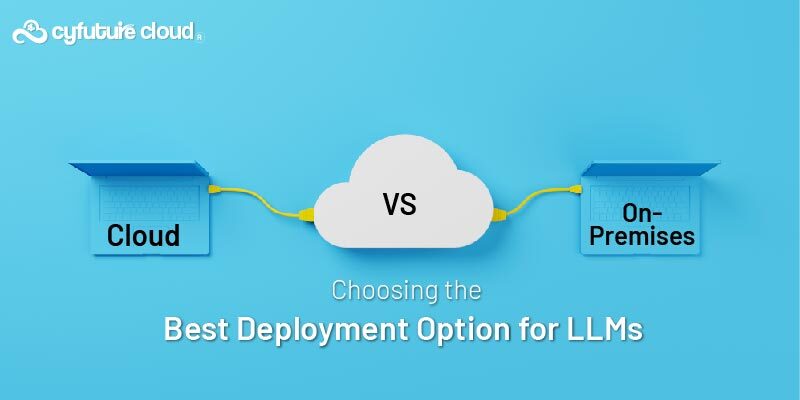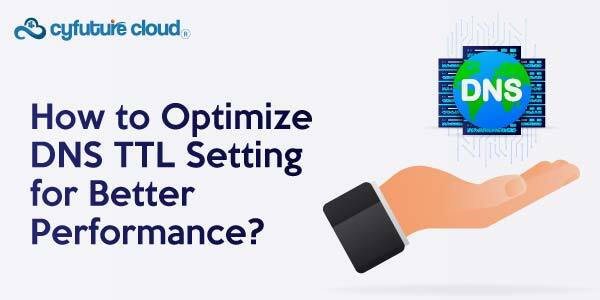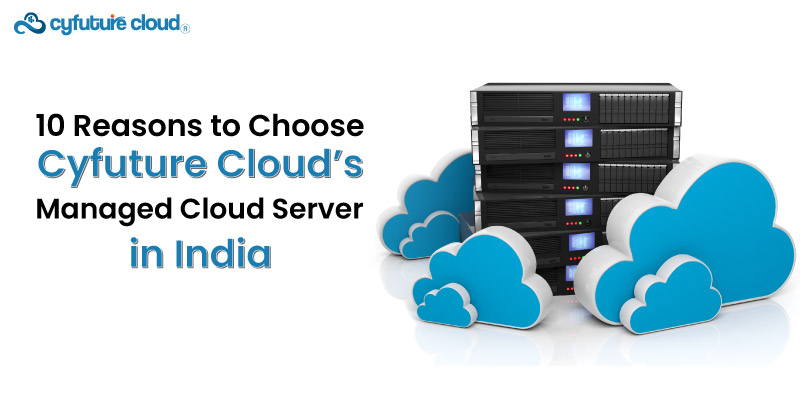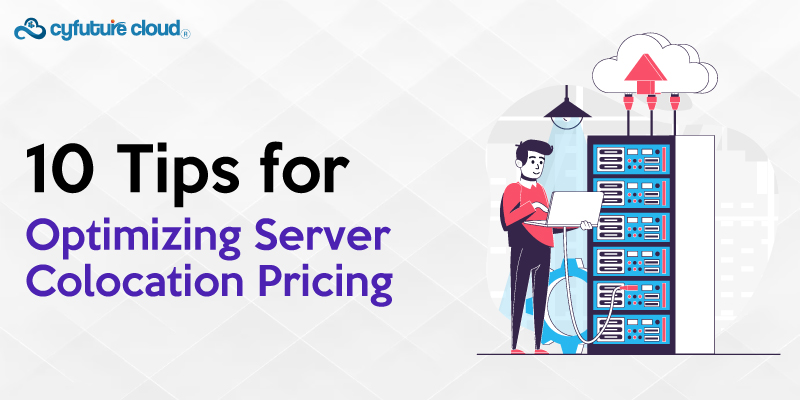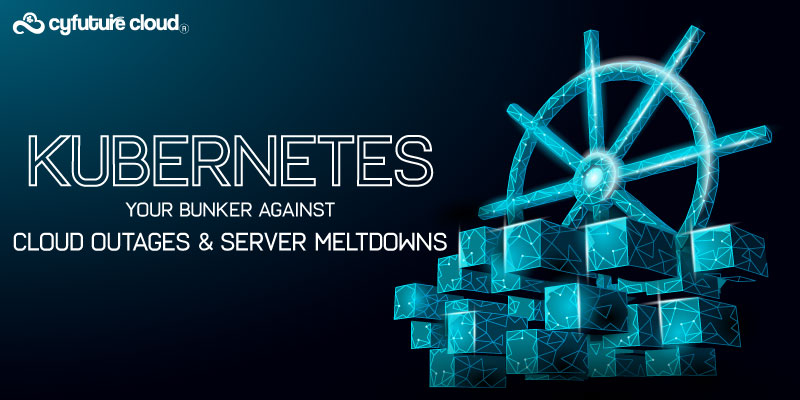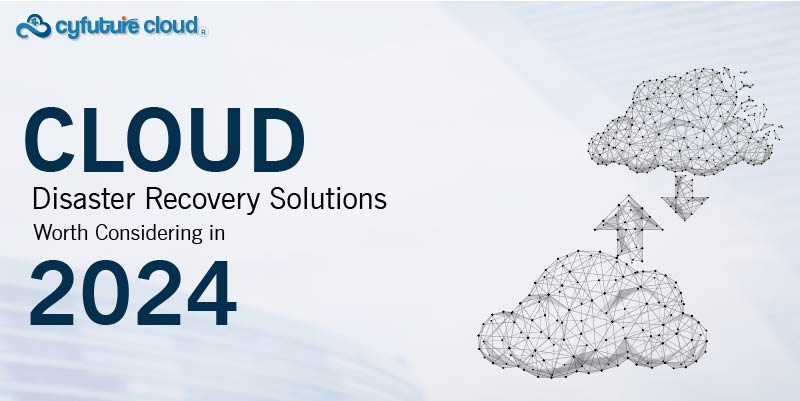Table of Contents
- Multi Cloud Backup Solutions:
- 1. Importance of data protection for businesses
- 2. Risks of relying on a single cloud backup solution for businesses.
- 3. Benefits of using a multi-cloud backup strategy
- 4. The different types of multi-cloud backup solutions available, such as hybrid cloud and multi-cloud backup providers
- 5. Tips for maintaining data integrity and privacy when using multiple cloud providers, and how to ensure compliance with industry standards and regulations.
- 6. Real-world examples and case studies of businesses that have successfully implemented multi-cloud backup strategies.
As digital transformation continues to reshape the modern business landscape, organizations are increasingly turning to cloud technologies for enhanced efficiency and scalability. With approximately 92% of enterprises venturing into multiple cloud platforms, it’s evident that the cloud has become integral to business operations. This migration is propelled not only by the demand for cloud-based solutions to facilitate remote work but also by the imperative to stay competitive in today’s dynamic market.
Yet, amidst this transition, organizations encounter a significant challenge: effectively managing and safeguarding data across diverse cloud environments. The stakes are high as businesses must ensure the uninterrupted operation of critical applications, virtual servers, and databases throughout their digital transformation journey. Simultaneously, they face the daunting task of mitigating new vulnerabilities and risks introduced by the cloud paradigm.
Escalating concerns surrounding ransomware attacks and the inherent complexities of backup and data management in multi-cloud environments compound these challenges. In response, IT leaders are compelled to seek out modern solutions capable of delivering comprehensive protection and seamless recovery across their entire cloud infrastructure.
In this blog series, we’ll delve deeper into the pressing issues faced by organizations in the era of multi-cloud adoption. We’ll explore the transformative potential of Cyfuture Cloud and how it enables businesses to overcome the hurdles of data management, security, and resilience in an increasingly interconnected world. Join us as we unravel the intricacies of modern cloud solutions and chart a course toward a more agile, secure, and prosperous future.
Multi Cloud Backup Solutions:
Multi-cloud backup solutions refer to services or systems that enable the backup, storage, and recovery of data across multiple cloud platforms simultaneously. These solutions ensure data redundancy, availability, and disaster recovery capabilities by allowing organizations to store copies of their data across different cloud providers or regions. They offer flexibility, scalability, and centralized management for businesses to safeguard their data effectively in diverse cloud environments, mitigating risks associated with potential outages or data loss on a single cloud platform.
| Aspect | Description |
|---|---|
| Definition | Systems or services enabling backup, storage, and recovery of data across multiple cloud platforms simultaneously for redundancy. |
| Purpose | Safeguarding data, ensuring availability, minimizing downtime, and providing disaster recovery across diverse cloud environments. |
| Features | Centralized management, flexible storage options, encryption, automation, scalability, data deduplication, and cross-cloud compatibility. |
| Benefits | Redundancy, resilience against outages, compliance adherence, flexibility in cloud provider selection, and data sovereignty management. |
| Challenges | Complexity in management, data consistency across clouds, cost management, potential interoperability issues, and security concerns. |
| Examples | Veeam, Commvault, Rubrik, Druva, Clumio, and other backup solutions offering multi-cloud capabilities. |
1. Importance of data protection for businesses
Data protection is crucial for businesses as it ensures important information’s availability, integrity, and confidentiality. It helps to protect a business from potential data loss or corruption due to natural disasters, human error, cyber-attacks, or other unexpected events.
Having proper data protection measures in place can also help a business comply with regulatory requirements and industry standards, and it can help to minimize the impact of a data loss event on the business. Additionally, data protection helps maintain customer trust and supports the long-term success of a business.
2. Risks of relying on a single cloud backup solution for businesses.
Relying on a single cloud backup solution for businesses can create several risks. Some of the risks include the following:
Single point of failure
If the single cloud backup solution fails, the business could lose all of its data, leading to significant financial losses, damage to reputation, and non-compliance with regulations.
Limited recovery options
Having only one copy of data stored in a single location makes it harder to recover data in case of a disaster or other unexpected event.
Limited security
A single cloud backup solution can be a vulnerable target for cybercriminals, and a hack or data breach could lead to serious data loss.
Limited scalability
Relying on a single cloud backup solution may limit a business’s ability to scale as the business grows and evolves.
Limited Compliance
Many regulations and industry standards require multiple copies of data to be stored in different locations, which can be difficult to achieve with a single cloud backup solution.
3. Benefits of using a multi-cloud backup strategy
A multi-cloud backup strategy involves storing backups of your data and applications in multiple cloud providers rather than relying on a single provider. This approach can provide several benefits to help protect your data and ensure its availability in case of an outage or other disaster.

Increased Reliability
Having multiple backups stored across multiple cloud providers increases the reliability of your data. In the event of an outage or failure with one provider, you can still access your backups from another provider.
This ensures that your data is always available, and you can quickly recover from disruptions. This way, you can ensure that your data is always accessible and minimize downtime and data loss.
Redundancy
Storing backups in multiple locations offers protection against data loss caused by physical disasters or other events that may impact a specific location. For instance, if a natural disaster like a hurricane or an earthquake occurs in one location, your backups stored in another location will remain secure and can be easily accessed.
This approach ensures that your data is safeguarded against geographical risks, and you can quickly recover from any data loss.
Flexibility
A multi-cloud approach provides the flexibility to utilize the strengths of various cloud providers. For instance, you can use one provider for primary storage and another for backups or select a provider that specializes in compliance for storing sensitive data. This allows you to find a tailored solution for your needs and adapt your strategy as your requirements evolve.
Cost Optimization
Using multiple cloud providers allows for comparing costs, features, and service levels to optimize backup options. For instance, one provider may be more cost-effective for storing backups while another is better for disaster recovery, enabling the most cost-efficient solution.
Compliance
A multi-cloud backup strategy allows you to ensure compliance with specific regulatory requirements by utilizing different providers with different certifications. For instance, industries such as healthcare or finance may need to store backups in locations compliant with regulations like HIPAA or PCI-DSS, which can be achieved by using multiple providers.
Scalability
A multi-cloud backup strategy enables scalability by utilizing various cloud providers with varying storage capacities, ensuring sufficient storage and the ability to expand backups as data increases.
Vendor Lock-in
A multi-cloud backup strategy allows you to avoid vendor lock-in by not relying on a single provider for all data storage needs. Vendor lock-in happens when switching to another provider is difficult, but a multi-cloud strategy allows flexibility to switch providers if service is unsatisfactory or prices increase.
Improved Performance
A multi-cloud backup strategy can enhance performance by distributing data across multiple providers, which can minimize the effect of network congestion and other performance issues.
Geo-diversity
Storing backups in multiple locations can provide geographic diversity as a benefit, helping protect data from regional events like natural disasters.
Hybrid Backup
A multi-cloud backup strategy can complement a hybrid approach, where some backups are stored on-premises and others in the cloud, offering a balance between cost-efficiency and data security and providing improved data protection for your organization.
4. The different types of multi-cloud backup solutions available, such as hybrid cloud and multi-cloud backup providers
The multi-cloud backup solutions that businesses can use to protect their data and ensure its availability. That include:
- Cloud Backup Services: To allow businesses to store their backups in the cloud and typically provide data encryption, versioning, and disaster recovery features.
- Cloud-to-Cloud Backup: To allow businesses to back up their data from one cloud provider to another. This solution is typically used to protect data stored in Software-as-a-Service (SaaS) applications, such as Office 365, Salesforce, etc
- Hybrid Backup: This solution allows businesses to store some backups on-premises and others in the cloud. This can maintain a balance between cost-efficiency and data security and provide better data protection for your organization.
- Backup and Disaster Recovery (BDR): This allows businesses to back up their data and quickly recover from disruptions. This type of solution offers replication, failover, and disaster recovery testing features.
- Multi-Cloud Backup Management Platform: These solutions allow businesses to manage backups across multiple cloud providers and typically provide data encryption, versioning, and disaster recovery features.
- Cloud Backup Appliances: These are hardware-based solutions that can back data to the cloud. These appliances can be installed on-premises and backup data to multiple cloud providers.
5. Tips for maintaining data integrity and privacy when using multiple cloud providers, and how to ensure compliance with industry standards and regulations.
Maintaining data integrity and privacy when using multiple cloud providers and ensuring compliance with industry standards and regulations can be challenging. Here are a few things that businesses can do to address these concerns:
- To maintain data integrity and privacy, businesses encrypt data both in transit and at rest. This step will help protect data from unauthorized access and ensure that only authorized users can view the data.
- Multi-cloud providers implement strong access controls to ensure that only authorized users can access your data. This can include using multi-factor authentication and role-based access controls.
- Multi-Cloud providers conduct regular audits to ensure that your data is being stored, processed, and transmitted in compliance with industry standards and regulations.
- Use a cloud-agnostic backup solution that can be used to backup data across multiple cloud providers; this solution will provide an additional layer of security and data protection.
- Implement a data governance policy that outlines how data will be stored, processed, and transmitted across multiple cloud providers. This policy should be reviewed and updated regularly to ensure that it is aligned with the latest industry standards and regulations.
- Conduct regular risk assessments to identify potential vulnerabilities in your multi-cloud environment and take steps to mitigate those risks.
6. Real-world examples and case studies of businesses that have successfully implemented multi-cloud backup strategies.
Many businesses have successfully implemented multi-cloud backup strategies to protect their data and ensure its availability. A few examples are:
Netflix
Netflix uses a multi-cloud strategy to store and protect its data. For data storage and backups, Netflix uses a combination of Amazon Web Services (AWS), Google Cloud Platform (GCP), and Microsoft Azure to ensure its data is always available.
Spotify
Another popular name – Spotify, also uses a multi-cloud strategy. It utilizes both AWS and Google Cloud Platform to store its data. Spotify uses these multiple cloud providers to ensure data availability and quick recovery in case of disruption.
Airbnb
Airbnb uses a combination of AWS and Google Cloud Platform to store its data and backups. These multi-cloud providers assure the company that their data is always available and safe.
Dropbox
We all have used this anytime in our life and use a multi-cloud strategy. Dropbox utilizes both AWS and Google Cloud Platform to ensure that its data is stored and replicated across multiple locations. This helps protect against data loss due to outages or other disruptions.
Send this to a friend

 Server Colocation
Server Colocation CDN Network
CDN Network Linux Cloud Hosting
Linux Cloud Hosting Kubernetes
Kubernetes Pricing Calculator
Pricing Calculator
 Power
Power
 Utilities
Utilities VMware Private Cloud
VMware Private Cloud VMware on AWS
VMware on AWS VMware on Azure
VMware on Azure Service Level Agreement
Service Level Agreement 